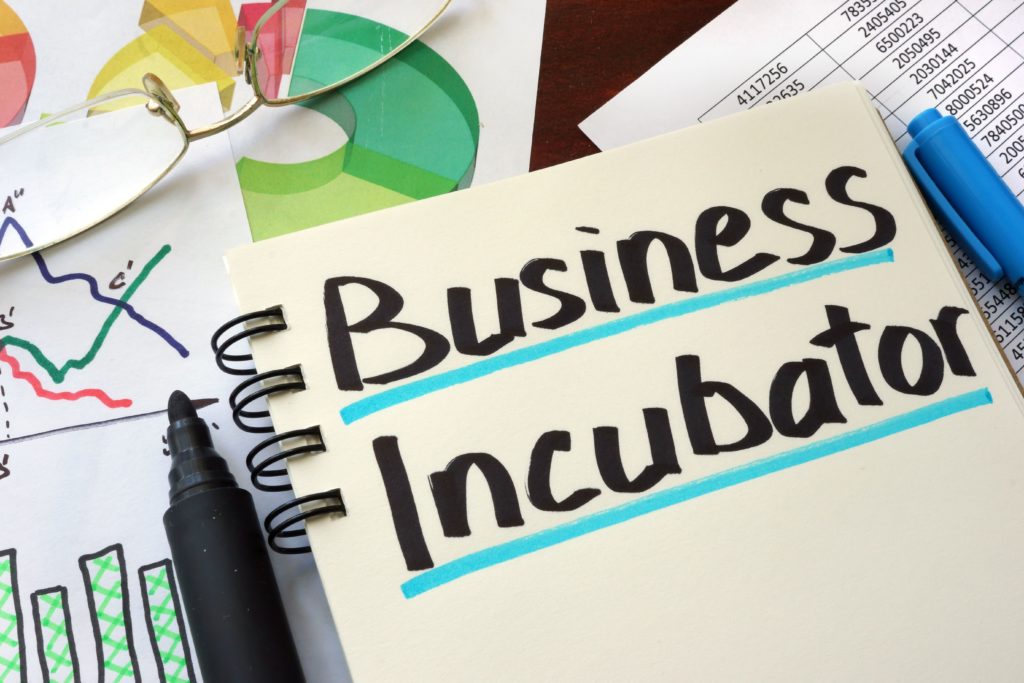 Nearly every CEO of a mid-market or large manufacturer across America is trying to jump-start innovation any way they can, so practically they have been turning to startups and small companies for fresh products and ideas, models for new-era marketing, young talent, add-on sales in new segments, ideas about human-capital management—and pure inspiration.
Nearly every CEO of a mid-market or large manufacturer across America is trying to jump-start innovation any way they can, so practically they have been turning to startups and small companies for fresh products and ideas, models for new-era marketing, young talent, add-on sales in new segments, ideas about human-capital management—and pure inspiration.
Perhaps no sect has veered as decisively in this direction as the U.S. consumer packaged-goods (CPG) industry, where many legacy companies have suffered massive stagnation in their performance—and accompanying losses of sales and market share—while being routed by entrepreneurs who have been revolutionizing what’s become of the American palate.
Like other industries, CPG companies have turned to three main tactics to expose themselves to small fry who could end up being their salvation: acquisitions, equity investments, and encouragement through startup accelerators and incubators. Lately, the third alternative has been gathering tremendous momentum.
Over the last few years and regularly now, some CPG titan decides to tap into or establish its own accelerator or incubator program, now including PepsiCo, Kraft Heinz, General Mills, Kellogg, Land O’Lakes, Chobani, Johnson & Johnson and several others.
“There’s no one size fits all,” says David Donnan, leader of the global food and beverage sector for consultants A.T. Kearney. “Some companies take equity and operate these things more like a VC firm; others are doing it as a CSR thing—trying to give back to the community. And others are using it more as a training and development ground. Each company has to find their own center on this.”
But Donnan and other experts on the trend caution CEOs of CPG companies, and of manufacturers in other verticals that are experimenting with incubators and accelerators, success for these platforms requires goals built squarely around the company’s business.
“If you’re going into it and see no benefit back to your company and it’s being done mainly for altruistic reasons, ultimately it’s not sustainable,” Donnan told Chief Executive. “It has to be a win-win for both parties, or eventually it will become part of [corporate social responsibility] programs and will get funded, or not, based on CSR priorities.”
For any manufacturer, he said, launching an incubator or accelerator “has to be part of your business model; otherwise it’s a side thing you’re doing. It needs to be part of R&D, your innovation cycle and corporate culture, or within two or three years most of these will be abandoned.”
At PepsiCo, for instance, the company dipped its toe into incubators a few years ago with one aimed at nurturing startups in digital marketing. More recently, the beverage titan has launched three different initiatives aimed at assisting the heart of its business—product innovation – in various ways.
Its new partnership with The Hatchery, a food and beverage incubator in Chicago, helps PepsiCo provide entrepreneurs with resources and get input from them about how to think differently and act more nimbly. A proprietary incubator, The Hive, is a new internal entity that focuses on accelerating small and emerging brands in North America that are inside and outside the company; a similar PepsiCo program, Nutrition Greenhouse, has been underway for two years in Europe.
“We believe the future of food is built on collaboration,” Seth Kaufman, president of PepsiCo North America Nutrition, told Chief Executive. “Marrying the innovation and agility of small companies with the scale and know-how of big companies can help ensure more consumers get access to more of the trusted, delicious and nutritious foods and beverages they’re looking for, and that’s important to us.”
Read more: Opening Closed Doors Through Open Innovation

Chief Executive Group exists to improve the performance of U.S. CEOs, senior executives and public-company directors, helping you grow your companies, build your communities and strengthen society. Learn more at chiefexecutivegroup.com.
0

1:00 - 5:00 pm
Over 70% of Executives Surveyed Agree: Many Strategic Planning Efforts Lack Systematic Approach Tips for Enhancing Your Strategic Planning Process
Executives expressed frustration with their current strategic planning process. Issues include:
Steve Rutan and Denise Harrison have put together an afternoon workshop that will provide the tools you need to address these concerns. They have worked with hundreds of executives to develop a systematic approach that will enable your team to make better decisions during strategic planning. Steve and Denise will walk you through exercises for prioritizing your lists and steps that will reset and reinvigorate your process. This will be a hands-on workshop that will enable you to think about your business as you use the tools that are being presented. If you are ready for a Strategic Planning tune-up, select this workshop in your registration form. The additional fee of $695 will be added to your total.

2:00 - 5:00 pm
Female leaders face the same issues all leaders do, but they often face additional challenges too. In this peer session, we will facilitate a discussion of best practices and how to overcome common barriers to help women leaders be more effective within and outside their organizations.
Limited space available.

10:30 - 5:00 pm
General’s Retreat at Hermitage Golf Course
Sponsored by UBS
General’s Retreat, built in 1986 with architect Gary Roger Baird, has been voted the “Best Golf Course in Nashville” and is a “must play” when visiting the Nashville, Tennessee area. With the beautiful setting along the Cumberland River, golfers of all capabilities will thoroughly enjoy the golf, scenery and hospitality.
The golf outing fee includes transportation to and from the hotel, greens/cart fees, use of practice facilities, and boxed lunch. The bus will leave the hotel at 10:30 am for a noon shotgun start and return to the hotel after the cocktail reception following the completion of the round.